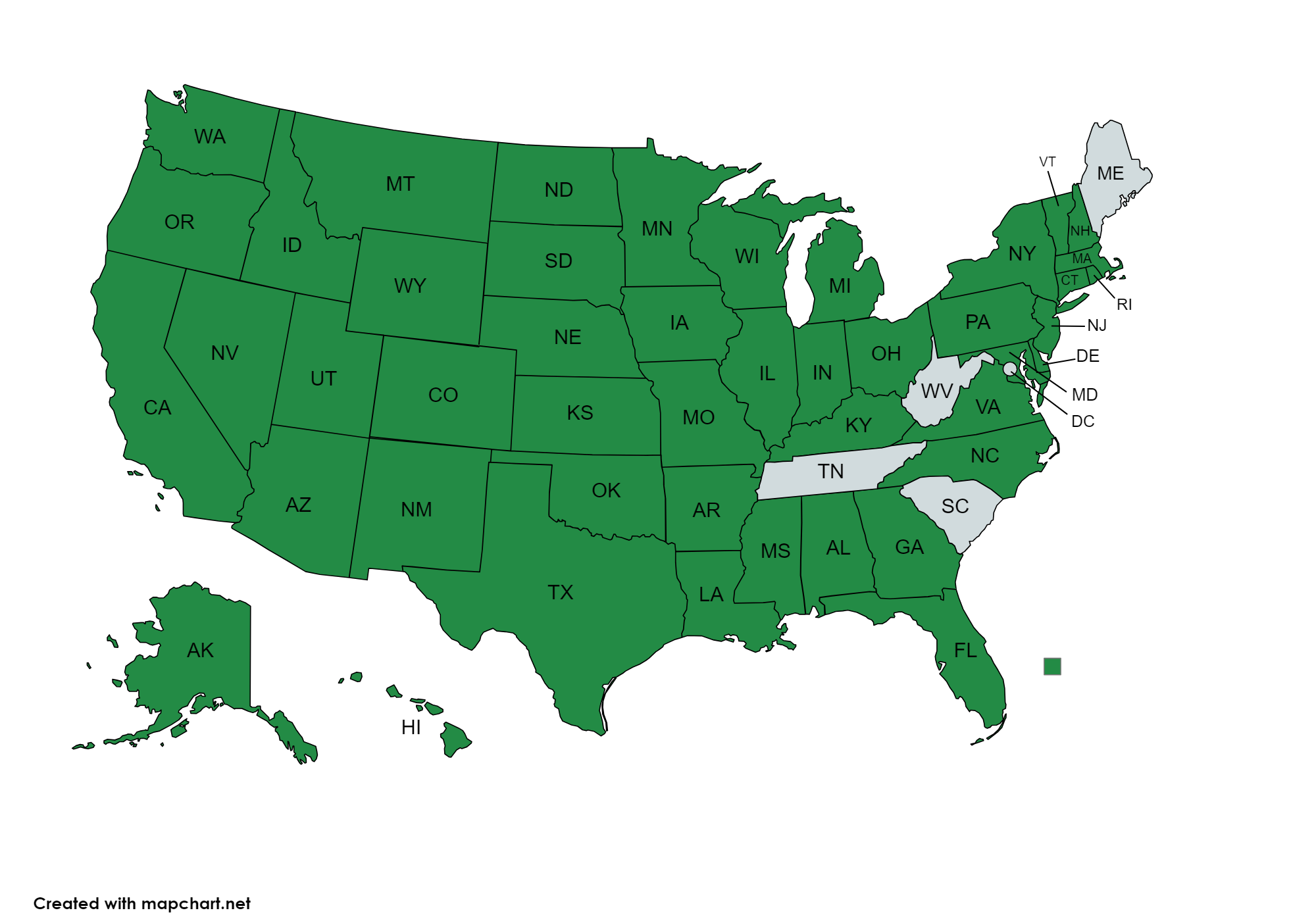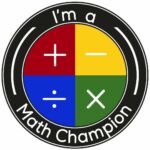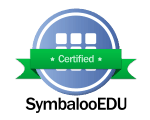In the final week of its 45 day legislative session, Utah’s House failed to pass S.B. 179, the Math Education Initiative, sponsored by Sen. Howard Stephenson (R-Draper). As reported earlier, the Senate-passed version of S.B. 179 provided incentives for schools to adopt the Singapore Math Curriculum.
Utah’s budget situation played a role in the fate of S.B. 179. However, before adjourning, the Legislature did include a Singapore Math incentive program as an item worthy of further study prior to the 2012 Session.
Under H.J. R. 24, the Master Study Resolution, the Legislature gives the Legislative Management Committee items of study for consideration prior to the 2012 Annual General Session. Items may be assigned to the appropriate interim committee, which is to study and make recommendations for legislative action in the 2012 Session.
H.J.R. 24 includes the following math study items:
- Math Instruction – to study a proposal to provide a pilot program for incentives for Singapore math instruction.
- Algebra and Geometry Pilot Program – to study whether to provide a pilot program for honors algebra and geometry.
- Secondary Math Requirements – to study high school math requirements versus college readiness.
H.J.R. 24 passed both the House and Senate without opposition.




















